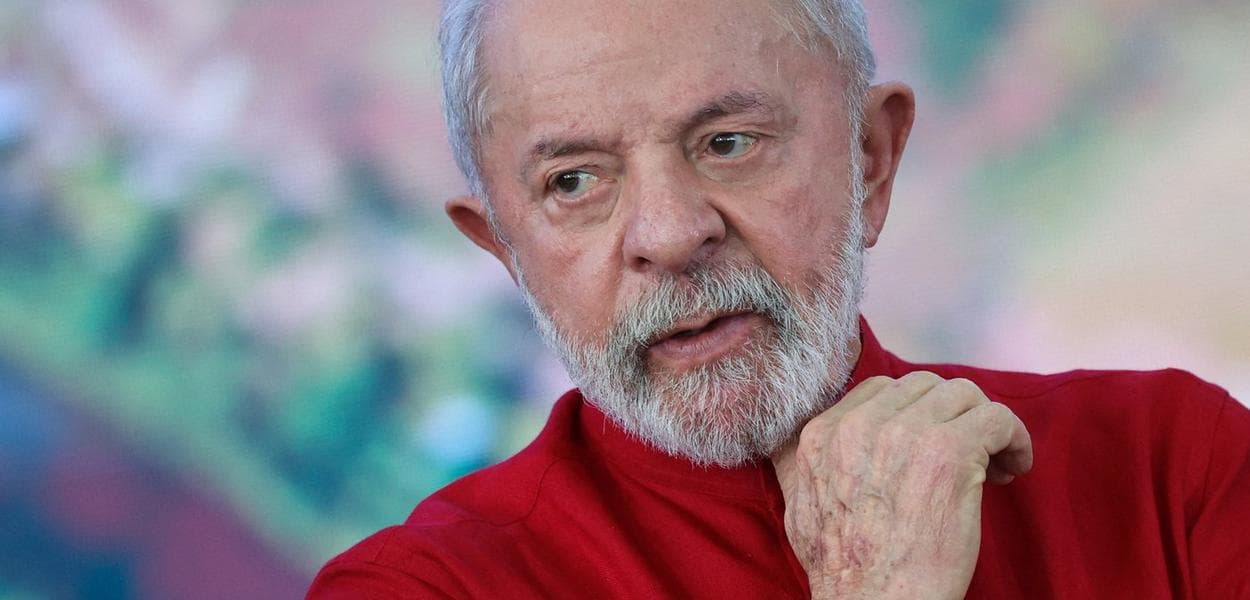247 - President Luiz Inácio Lula da Silva sanctioned, this Wednesday (29), a law that reinforces the fight against organized crime in Brazil and expands the protection of public authorities involved in this fight. The measure was published in the Official Gazette of the Union this Thursday (30) and comes into force immediately.
The legislation, approved by the National Congress, includes two new types of crime in the Penal Code:"obstruction of actions against organized crime" and "conspiracy to obstruct actions against organized crime." Both carry penalties ranging from 4 to 12 years of imprisonment, in addition to a fine.
The new law also strengthens protection mechanisms for judges, prosecutors, police officers, military personnel—including retirees—and their families, whenever they are under threat due to the performance of their duties. The text also expands coverage to professionals working in border areas, regions frequently dominated by criminal factions and international smuggling.
One of the most significant changes was made to Article 288 of the Penal Code, which deals with criminal association. From now on, anyone who requests or contracts the commission of crimes by members of these organizations may be punished with the same penalty applied to the members themselves — from one to three years of imprisonment, in addition to the punishment for the commissioned crime, should it be carried out.
Legal experts specializing in criminal law believe that this change closes loopholes in the legislation that allowed masterminds to escape direct punishment by outsourcing the execution of crimes. The new wording seeks to hold more rigorously accountable those who finance or coordinate criminal actions, even if they do not directly participate in them.
Another key point is the decision that both those convicted and those under investigation for the new crimes of obstruction and conspiracy will begin serving their sentences in maximum-security federal prisons. The government states that the measure aims to reduce the influence of criminal factions within the state prison system.

